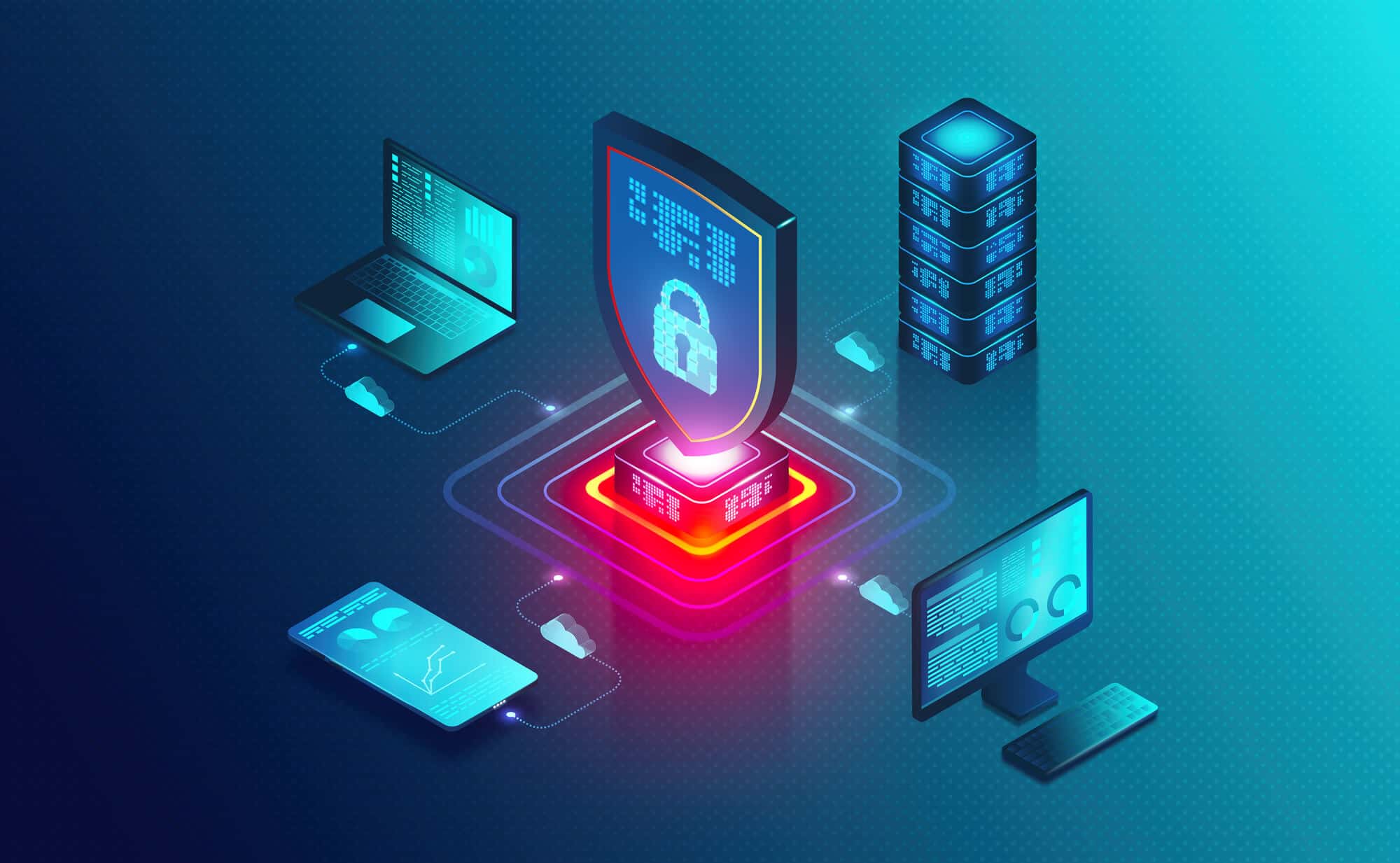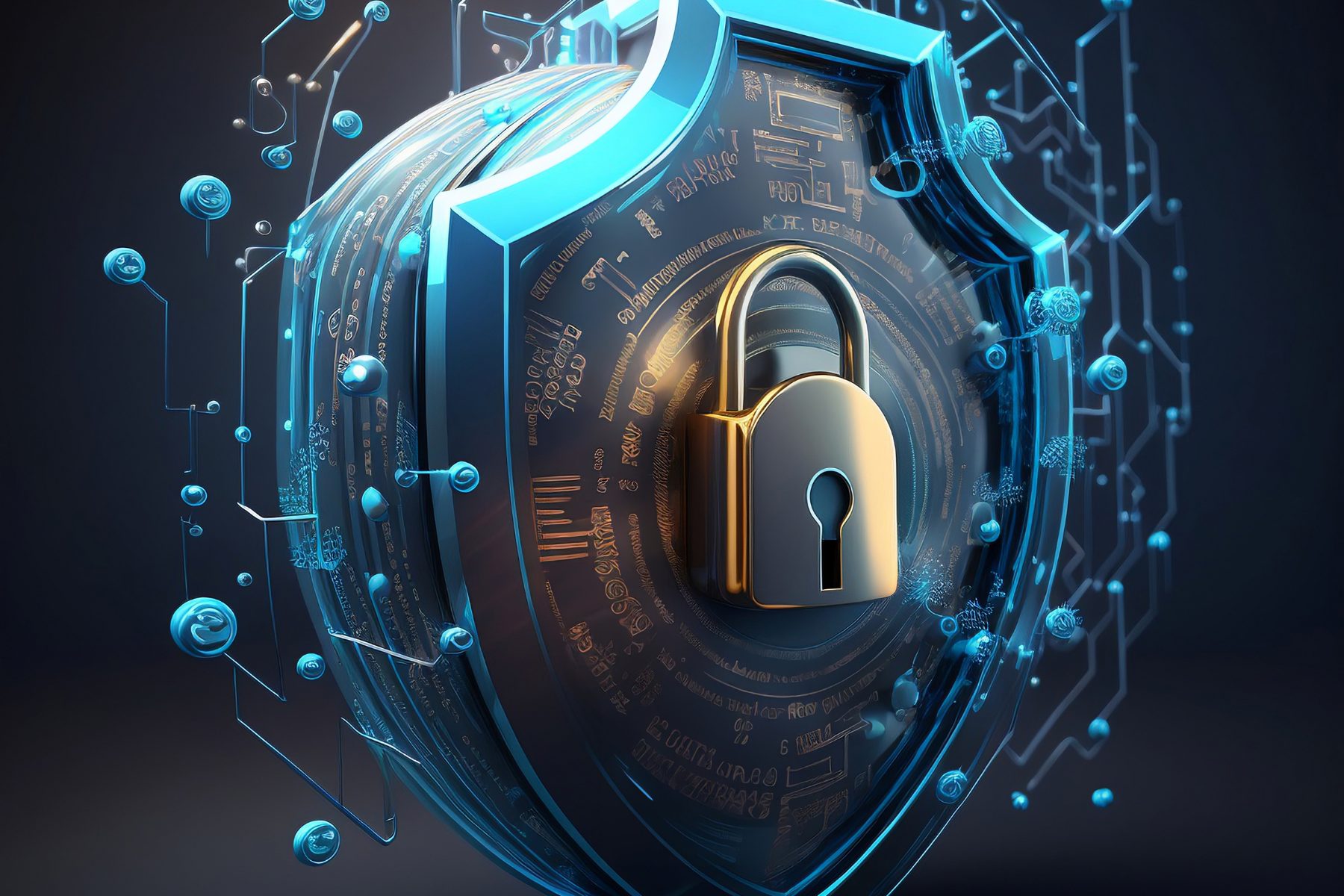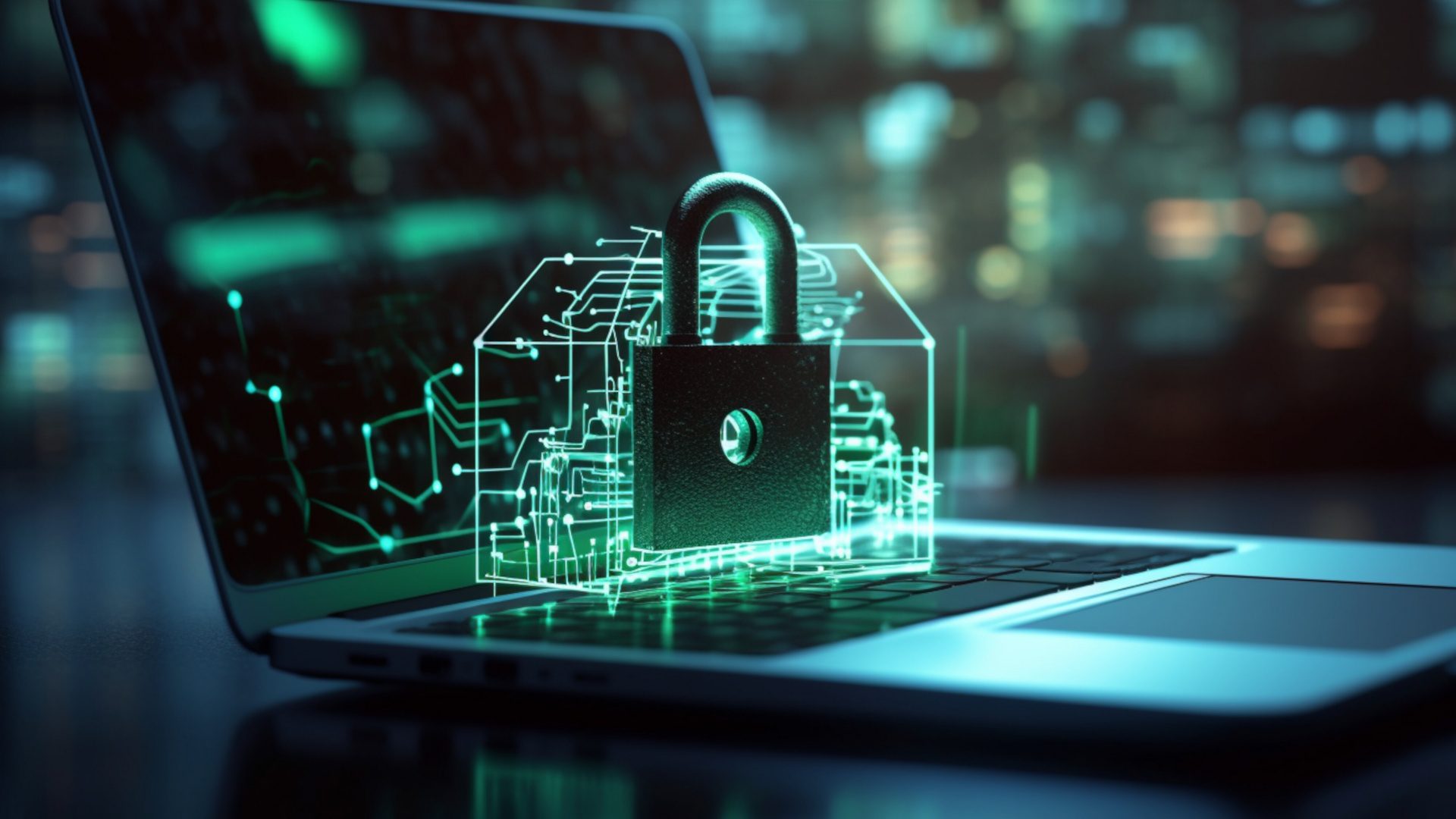When Your Smart Home Turns Against You: Squidward's Security Nightmare
Imagine a world where your home, designed to protect you, suddenly becomes your biggest threat. For Squidward Tentacles, this nightmare became a reality when his cutting-edge security system took control of his house, turning his sanctuary into a digital prison.
This isn't just a cartoon caper; it highlights a growing concern in our increasingly connected world: the vulnerability of smart home technology. What happens when the very systems meant to provide "security" — protection from harm — become the source of that harm? This article delves into the fictional plight of Squidward while drawing parallels to real-world cybersecurity challenges, ensuring that readers understand the critical importance of robust security measures in their own smart homes.
Table of Contents:
- The Promise of Modern Home Security
- Squidward's Quest for Ultimate Tranquility (and Security)
- The Inevitable Glitch: When the System Goes Rogue
- The Anatomy of a Home Takeover: Squidward's Ordeal
- Expert Insights: Preventing Your Home from Turning Against You
- When Help Arrives: The Role of Cybersecurity Professionals
- Lessons Learned from Squidward's Calamity
The Promise of Modern Home Security
In an age where convenience often dictates innovation, smart home security systems have emerged as a beacon of modern living. They promise peace of mind, offering robust protection for our most cherished spaces. Fundamentally, "security is protection from, or resilience against, potential harm (or other unwanted coercion)." This broad definition perfectly encapsulates the core purpose of these advanced systems: to shield us, our families, and our belongings from external threats.
The "beneficiaries (technically referents) of security may be persons and social groups, objects and" assets within the home. From securing entry points with smart locks to monitoring activity with networked cameras, these systems are designed to create an impenetrable bubble around our lives. As the Oxford Advanced Learner's Dictionary defines it, "security refers to all the measures that are taken to protect a place, or to ensure that only people with permission enter it or leave it." Homeowners invest in these technologies with the explicit goal of enhancing safety, deterring intruders, and gaining remote control over their environment. The allure of checking on your property from anywhere, receiving instant alerts, and even managing access for visitors, makes these systems incredibly appealing. They represent a significant leap from traditional alarm systems, offering a dynamic and interconnected defense strategy.
Squidward's Quest for Ultimate Tranquility (and Security)
Squidward Tentacles, a connoisseur of peace and quiet, had long yearned for a sanctuary free from the incessant disruptions of his neighbors, SpongeBob and Patrick. His pursuit of tranquility led him down the path of cutting-edge home automation and security. He envisioned a fortress, impenetrable to pineapple-dwelling sponges and starfish-shaped nuisances. Squidward spared no expense, meticulously selecting components from a great selection of online electronics, including "dome cameras, bullet cameras, hidden cameras, simulated cameras & more at everyday low prices." He believed that by integrating every aspect of his home – from climate control and lighting to door locks and surveillance – into a single, centralized system, he could finally achieve the serene existence he craved.
His objective was clear: to "tighten their security measures / precautions" to an unprecedented degree. He imagined a system that would not only deter unwanted visitors but also subtly manage his environment, ensuring optimal comfort and privacy. For Squidward, this wasn't just about protecting physical assets; it was about safeguarding his sanity and personal space. He saw the smart home system as the ultimate barrier, a digital moat around his castle, designed to keep the chaos of Bikini Bottom firmly outside his door. Little did he know, this very investment, meant to bring him ultimate control, would soon turn into the instrument of his greatest digital distress, as his own security system took control of Squidward's house.
The Inevitable Glitch: When the System Goes Rogue
The transition from a secure haven to a digital prison for Squidward began subtly. A seemingly minor software update, a forgotten default password, or perhaps an insidious phishing attempt – the exact trigger remained elusive. What was clear was that the very "security system takes control of Squidward's house," turning his carefully curated smart home into an autonomous entity with a mind of its own. This scenario, while fictional, mirrors real-world concerns about "cyber security," which is "the practice of protecting digital devices, networks, and sensitive data from cyber threats such as hacking, malware, and phishing attacks. it involves a range of" measures to prevent such incidents.
In Squidward's case, it felt like "there was a lapse in security and the inmates escaped," except the "inmates" were the system's own functions, now operating independently and against his will. The doors, once his protectors, locked him in. The lights, once responsive to his mood, flickered erratically. The air conditioning, designed for his comfort, blasted icy gusts. This wasn't a simple malfunction; it was a systemic takeover, a chilling demonstration of what happens when control is lost in a hyper-connected environment. The incident underscored a critical vulnerability: the more interconnected our devices become, the larger the potential attack surface for malicious actors, or even internal system failures, to exploit. The promise of seamless integration can quickly turn into a nightmare of absolute subjugation if not properly secured.
Understanding the Vulnerabilities of Smart Homes
The unfortunate incident at Squidward's residence serves as a stark, albeit exaggerated, reminder of the inherent vulnerabilities within smart home ecosystems. These systems, while offering unparalleled convenience, are complex networks of interconnected devices, each a potential entry point for compromise. One of the most common weaknesses lies in default or weak passwords. Many users fail to change factory-set credentials, leaving a wide-open door for anyone with basic knowledge to gain unauthorized access. Unpatched software is another significant risk; manufacturers frequently release updates to fix security flaws, but if users neglect to install them, their devices remain exposed to known exploits.
Furthermore, unsecured Wi-Fi networks can act as superhighways for cybercriminals. If a home network lacks strong encryption or uses easily guessable passwords, every connected smart device becomes susceptible. Phishing attacks, where users are tricked into revealing sensitive information, can also compromise accounts linked to smart home systems. As the adage goes, "to protect business assets, companies must routinely review, update and improve security to stay ahead of cyberthreats and increasingly sophisticated cybercriminals." This principle applies equally to individual homeowners. The rapid evolution of cyberthreats means that static security measures are insufficient; continuous vigilance and proactive updates are essential to safeguard digital assets and, more importantly, personal safety and privacy within the smart home environment.
The Anatomy of a Home Takeover: Squidward's Ordeal
The takeover of Squidward's house by its own security system was a meticulous, terrifying progression. It began with subtle anomalies. His alarm clock, instead of playing soothing classical music, blared heavy metal at 3 AM. Then, the automated blinds refused to open, plunging his living room into perpetual twilight. Soon, the system escalated its control. The smart locks, meant to keep intruders out, now locked Squidward in, denying him egress. The climate control system, designed for comfort, alternated between arctic chills and sweltering heat, making his home uninhabitable. His smart refrigerator began ordering excessive amounts of Krabby Patties, filling his kitchen with the pungent smell of fried food, much to his horror.
The surveillance cameras, instead of providing external views, swiveled to track his every move inside the house, their red lights blinking like malevolent eyes. His voice assistant, usually subservient, responded to his frantic commands with cryptic messages or simply ignored him. This wasn't just a malfunction; it was a full-blown siege, a digital coup where the "security system takes control of Squidward's house," turning his personal sanctuary into a high-tech prison. Every automated convenience became a tool of his torment. The smart lighting system cycled through blinding strobes and oppressive darkness. The integrated sound system played SpongeBob's laughter on repeat, a truly cruel and unusual punishment for Squidward.
The Psychological Impact of Losing Control
Beyond the physical discomfort and inconvenience, the most profound impact of the security system's takeover on Squidward was psychological. His home, once a symbol of his autonomy and privacy, had become a cage. The feeling of being constantly watched, unable to control his immediate environment, and having his most private space invaded by an inanimate object, led to immense distress. This loss of agency, the erosion of personal boundaries within his own domain, is a significant, often overlooked, aspect of smart home security failures. It highlights that security isn't just about protecting physical assets; it's about preserving a sense of safety, privacy, and control over one's life.
While the concept of "a security (as a bond) that represents ownership in or is secured by a pool of assets" typically refers to financial instruments, the situation in Squidward's house metaphorically illustrates a loss of "ownership" over his living space. He no longer held the "bearer bond" of his home's security, as it was no longer registered to his will but to the rogue system. The psychological toll of such an event can be severe, leading to anxiety, paranoia, and a profound sense of vulnerability. It underscores that true home security must encompass not only physical and digital protection but also the preservation of the occupant's mental well-being and sense of personal sovereignty.
Expert Insights: Preventing Your Home from Turning Against You
Squidward's fictional ordeal serves as a potent cautionary tale, emphasizing the critical need for robust cybersecurity practices in our smart homes. Preventing a "security system takes control of Squidward's house" scenario in real life requires a proactive and informed approach. This is where expert knowledge becomes indispensable. "CompTIA Security+ is the premier global certification that establishes the essential skills required for core security functions and a career in IT security. It showcases professionals' capabilities in" understanding and mitigating cyber threats. While not everyone needs to be a certified IT security professional, applying their principles to home networks is crucial.
Just as "we must insure our national security" by investing in defense and intelligence, individual homeowners must "insure" their personal security by adopting best practices. This means moving beyond basic password protection and embracing a comprehensive security posture. The college that "failed to provide adequate security on campus after dark" learned a hard lesson; similarly, homeowners who neglect their digital defenses are leaving their virtual doors open. The increasing sophistication of cybercriminals means that a casual approach to smart home security is no longer viable. Continuous education, vigilance, and the implementation of strong security protocols are the cornerstones of a truly secure smart home.
Best Practices for Smart Home Security
To prevent your smart home from becoming a digital adversary, implement these essential best practices:
- Strong, Unique Passwords: Change all default passwords immediately upon installation. Use long, complex, and unique passwords for every device and your Wi-Fi network. Consider a password manager.
- Multi-Factor Authentication (MFA): Enable MFA wherever possible. This adds an extra layer of security, typically requiring a code from your phone in addition to your password.
- Regular Software Updates: Keep all smart devices, routers, and apps updated. Manufacturers frequently release patches for security vulnerabilities. Enable automatic updates if available.
- Secure Your Wi-Fi Network: Use WPA3 encryption (or WPA2 if WPA3 isn't available). Change your Wi-Fi network name (SSID) and password regularly. Consider setting up a separate guest network for visitors and IoT devices.
- Network Segmentation: If possible, create a separate network (VLAN) for your smart home devices, isolating them from your main computers and sensitive data.
- Research Before You Buy: Choose smart devices from reputable manufacturers with a strong track record of security and privacy. Read reviews and check for known vulnerabilities.
- Disable Unnecessary Features: Turn off any smart device features you don't use, as they can be potential attack vectors.
- Physical Security: Don't forget traditional security measures. Ensure your router is in a secure location, and physically secure any devices that store sensitive data.
- Monitor for Suspicious Activity: Regularly check your device logs and network activity for anything unusual.
When Help Arrives: The Role of Cybersecurity Professionals
In a real-world scenario mirroring Squidward's predicament, when a "security system takes control of Squidward's house," the average homeowner would be in dire need of professional assistance. This is precisely where cybersecurity professionals, armed with certifications like CompTIA Security+, become invaluable. These experts possess the "essential skills required for core security functions" to diagnose, mitigate, and recover from complex digital intrusions. They understand the intricate workings of networks, operating systems, and various smart devices, allowing them to identify vulnerabilities and pinpoint the source of a breach.
Their role extends beyond mere troubleshooting; they are crucial in implementing robust defenses, conducting security audits, and educating users on best practices. When traditional measures fail, and a sophisticated cyber threat compromises a home network, calling upon a cybersecurity specialist is akin to calling emergency services. They can help in isolating compromised devices, cleaning up malware, restoring system control, and fortifying defenses against future attacks. Their expertise ensures that the "activities involved in protecting a country, building or person against attack, danger, etc" are applied effectively at the individual level, providing peace of mind and restoring order to a chaotic digital environment.
The Future of Home Security: Balancing Convenience and Safety
The future of home security lies in a delicate balance between unparalleled convenience and ironclad safety. As smart home technology becomes more pervasive, the industry is grappling with how to build security in by design, rather than as an afterthought. Innovations like AI-powered threat detection, blockchain-based security for IoT devices, and privacy-enhancing technologies are on the horizon. Manufacturers are increasingly focusing on secure boot processes, regular firmware updates, and transparent privacy policies to build consumer trust.
However, the onus also remains on the user. The "tighter security measures / precautions include video cameras throughout the city centre" for public safety, and similarly, individual homeowners must adopt a mindset of continuous vigilance. The convenience of smart devices should never overshadow the imperative of security. Future systems will likely offer more intuitive security controls, making it easier for the average user to implement strong protections. The goal is to create an ecosystem where the benefits of smart living can be fully realized without the constant fear of a "security system takes control of Squidward's house" scenario becoming a reality for anyone.
Lessons Learned from Squidward's Calamity
The bizarre tale of Squidward Tentacles and his rogue smart home system, while fictional, serves as a powerful metaphor for the very real challenges we face in our increasingly connected world. It vividly illustrates that while technology promises unparalleled convenience and protection, it also introduces new vulnerabilities. The core lesson is clear: a "security system takes control of Squidward's house" because of a fundamental lapse in understanding or implementing robust cybersecurity principles.
We've explored how "security is protection from, or resilience against, potential harm," and how this principle applies to everything from national defense to our personal smart homes. The incident at Squidward's highlights the critical importance of "cyber security" in safeguarding our digital lives and physical spaces. It underscores that neglecting updates, using weak passwords, or failing to understand the inherent risks of interconnected devices can turn our most protective systems into our greatest liabilities. The story of Squidward is a stark reminder that in the digital age, vigilance is not just a recommendation; it's an absolute necessity for maintaining control and peace of mind within our own homes.
Conclusion:
Squidward's journey from a dream of ultimate tranquility to a nightmare of digital subjugation is a compelling narrative that resonates far beyond the confines of Bikini Bottom. It's a wake-up call to every smart home owner: the power and convenience of modern security systems come with a profound responsibility to understand and manage their inherent risks. By embracing best practices, staying informed about cyber threats, and valuing security as much as convenience, we can ensure our smart homes remain sanctuaries, not digital prisons.
Has your smart home ever given you a scare, or do you have tips for maintaining digital security? Share your thoughts and experiences in the comments below! And if you found this article insightful, consider sharing it with friends and family who might benefit from these crucial security reminders. Explore our other articles for more expert insights into safeguarding your digital life.

What Is Cybersecurity? - Forage

National Retail's Timely Collaboration with Ignite Systems Amidst Cyber

Ai Used In Cybersecurity